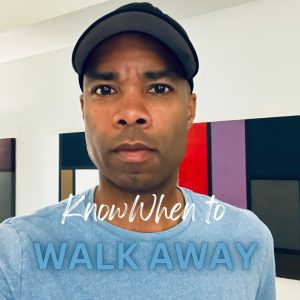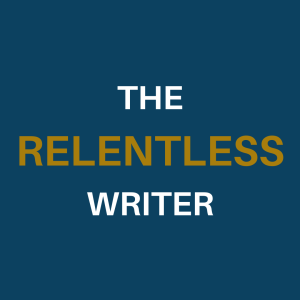
You don’t have to be a country music fan to know some of the lyrics to one of Kenny Rogers’s hit songs, “The Gambler.” And for a while, the chorus to that song has played on repeat in my head: “You got to know when to hold ‘em, know when to fold ‘em, know when to walk away, know when to run.” And walking away isn’t always easy. It can be downright freakin’ hard. But if you can walk away, it can change your life.
A New Path
It was summer 2021. As we emerged from the COVD-19 pandemic, and employees were called back to work, I had a choice to make: return to a job (flight attendant) I no longer enjoyed or chart a new path. I opted for the latter and, at the end of July 2021, began a new job providing frontline customer service. I didn’t know then if I’d like the job but it had benefits. Like keeping my two feet on the ground and in one time zone. No longing schlepping to the airport, baggage in tow, in all kinds of weather. Not having to spend hours in airport lounges because of flight delays or cancelations. And, best of all, no longer dealing with the increasing number of unruly passengers.
While it had been close to ten years since I’d worked a traditional nine-to-five job, I was looking forward to the change, to doing something different. And since then, any time I look up into the sky and see a plane overhead, I think, God, I don’t miss that.
The New ‘Normal’
I had a new normal, but it took some time to adjust. Yet despite the change in jobs, one thing I’ve always done over the years is to make writing a priority. Although I worked with the public as a flight attendant, working in a frontline position providing government services proved very different. The pandemic changed a lot of things, including how we interact with each other.
 Everywhere you go, there seems to be long wait times for government services. Waiting in line for hours isn’t fun. I get that. But post-pandemic, people seem ruder, more impatient, and act with entitlement. What makes it all worse is that there’s a general ignorance of the requirements to complete certain transactions, and that many people don’t want to take responsibility for learning what’s required of them. And when they learn they can’t do what they came to do after a two-hour wait, it becomes the fault of the person in front of them. That is when we see the worst of humanity: the profanity, the verbal abuse and physical threats, the destruction of some piece of equipment. (I witnessed an angry customer throw a bottle of windshield liquid at a colleague manning the check-in kiosk. On another occasion, a customer spat at me.)
Everywhere you go, there seems to be long wait times for government services. Waiting in line for hours isn’t fun. I get that. But post-pandemic, people seem ruder, more impatient, and act with entitlement. What makes it all worse is that there’s a general ignorance of the requirements to complete certain transactions, and that many people don’t want to take responsibility for learning what’s required of them. And when they learn they can’t do what they came to do after a two-hour wait, it becomes the fault of the person in front of them. That is when we see the worst of humanity: the profanity, the verbal abuse and physical threats, the destruction of some piece of equipment. (I witnessed an angry customer throw a bottle of windshield liquid at a colleague manning the check-in kiosk. On another occasion, a customer spat at me.)
I hadn’t anticipated how draining it would be dealing with those kinds of incidents or people on a daily basis. And just because you learn not to take it personally doesn’t mean it still doesn’t affect you. And in an environment plagued with high absenteeism and low morale, and that was continuously understaffed and lacking leadership, it was difficult to stay motivated. So, to a certain degree, I sympathized with clients’ frustration at long wait times, but that didn’t excuse such reprehensible behaviour.
Know When to Walk Away
Like I said earlier, you can learn to not take it personally when someone curses you out or threatens you. But occasionally you have to remind them—and the people standing in line behind them—that you’re not going to be walked over. That means that, yes (rightly or wrongly), I had my moments when I gave it back to them as good as they gave it. Because when no one else will, you have to be willing to stand up for yourself.
And like the customers waiting in line, I was frustrated by the long wait times because I’ve always strived to provide good customer service. I tried to find ways to address the issues (improve training, lobbying for the hiring of additional staff). And wanting to be of service, that sometimes meant I didn’t take my morning or afternoon break, occasionally didn’t take my full thirty-minute lunch (on days when half the staff called in sick), stayed late or came in on a day off. Because there were actions and decisions that management could have taken to reduce wait times—decisions beyond my control—that were never taken. So, when I finally recognized that things just wouldn’t change, and I couldn’t accept the situation, I decided to walk away.
On the Other Side of Fear
Walking away isn’t easy. But I know everything I want stands on the other side of fear. Would it have been more prudent to stay until I had another job lined up? Maybe. Sometimes, though, staying costs more. At the moment, I’m taking life one day at a time.
And, for now, I get to do one very important thing: focus on what I love.
Leave a Reply